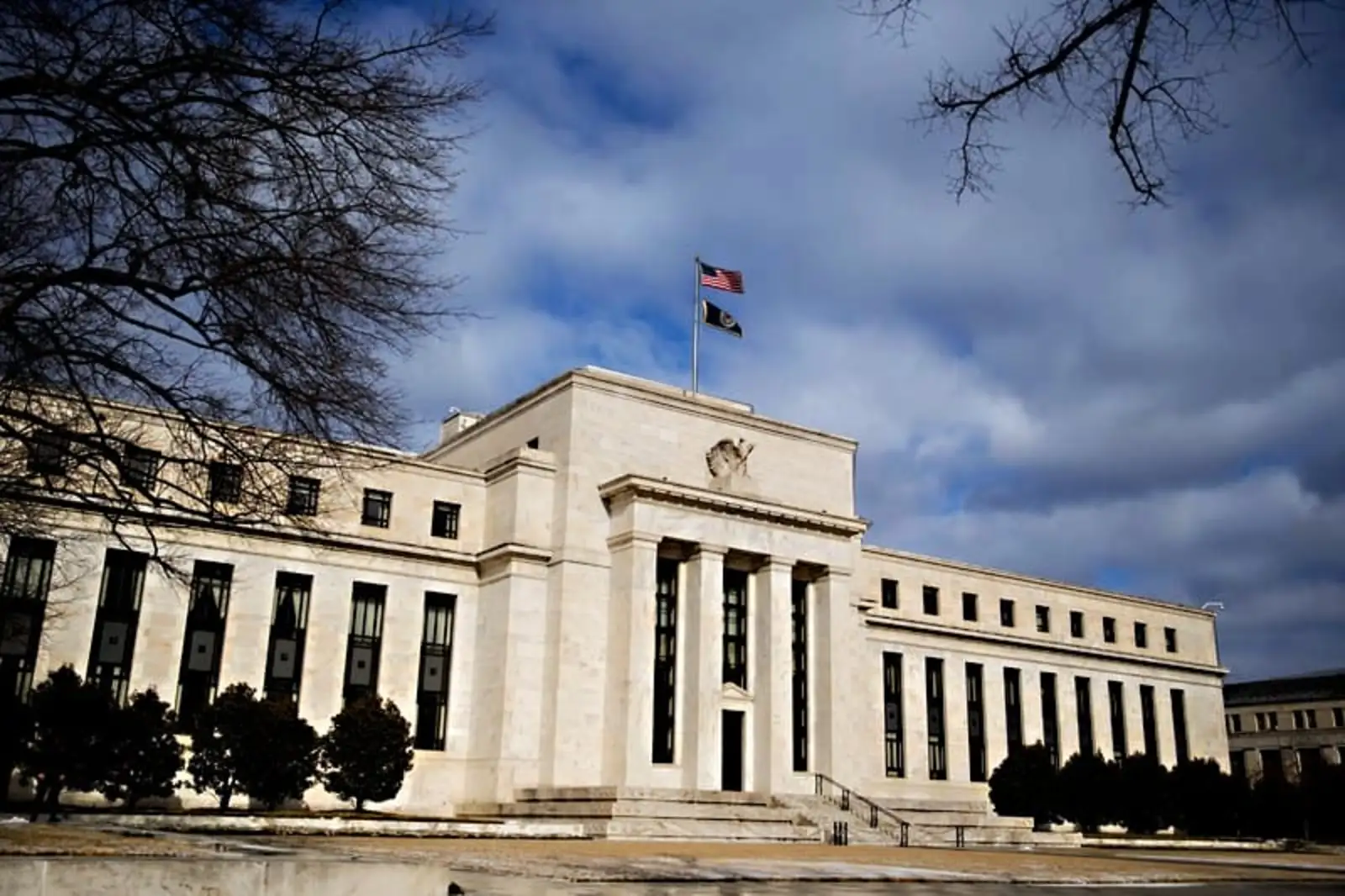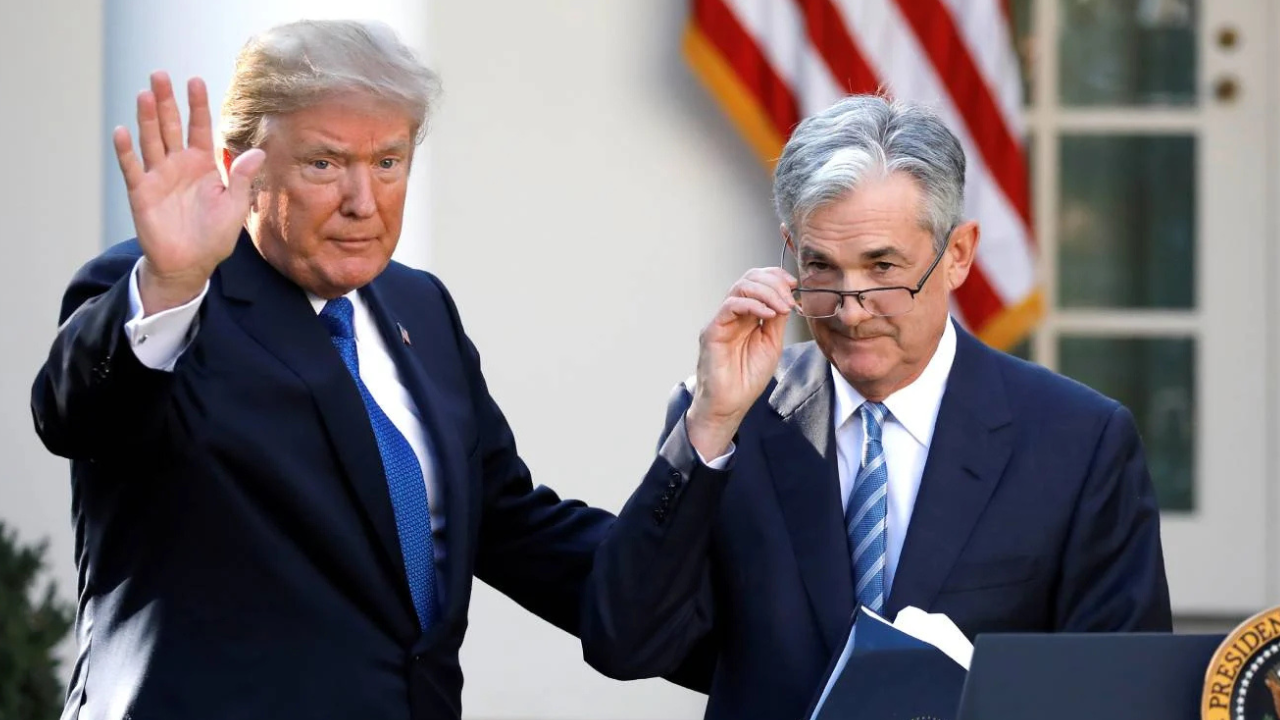With the possible re-election of Donald Trump as President of the United States, attention has once again turned to one of the key players in the American economy: the Federal Reserve. At the center of the stage stands Jerome Powell, the Fed Chair, who might face an uncertain future in his role as the guardian of monetary policy. Trump has never concealed his reservations about Powell, and his return could mean significant changes for the central bank, especially concerning interest rate policies. But what are the possible scenarios?
Jerome Powell: A Controversial Figure Under Trump
It’s no secret that, during his previous administration, Trump had a turbulent relationship with Powell. Although Trump appointed him in 2018, he soon began publicly criticizing Powell for his continued rate hikes, accusing him of hindering economic growth. For Trump, a less restrictive monetary policy was essential to support his economic agenda, which focused on rapid growth, employment, and support for the industrial sector. Trump’s potential re-election could therefore rekindle these tensions and put Powell under renewed pressure.
Powell, who managed to secure a second term under the Biden administration, has focused on a strategic plan to curb inflation through gradual rate increases. While his leadership has earned approval from a significant part of the financial world, a Trump comeback might prompt a shift in direction, with the possibility of Powell being replaced before the end of his term.
What Could Happen to Interest Rate Policy?
With or without Powell, a Trump re-election could bring about a strategic shift in the Fed’s monetary policy. During his previous term, Trump pushed for an accommodative stance by the central bank to support growth and investments. If this approach is maintained, we could see a less rigid Fed on interest rates, with a more flexible policy aimed at stimulating the labor market and economic growth.
Currently, the Fed has adopted a cautious approach, adjusting interest rate decisions based on precise data on inflation and growth. However, direct political influence, especially under a Trump administration, could bring forth the idea of a more “business-friendly” Fed, with a greater inclination to lower rates to boost economic expansion.

Risks and Benefits of a Politically Influenced Fed
A less restrictive approach could provide relief to businesses and households, but it would also entail certain risks. A rapid reduction in rates, for instance, could reignite inflation, undoing the progress made so far in containing rising prices. Furthermore, a Fed perceived as vulnerable to political pressures might see its credibility weakened, making it difficult to balance economic growth and price stability.
Financial markets thus find themselves in a phase of significant uncertainty: on one hand, there is the anticipation of more robust growth if Fed policies are relaxed, while on the other, there is the risk that unchecked inflation could pose new economic challenges. Investors will remain vigilant, closely monitoring future developments and trying to gauge the intentions of the next administration.
Will Powell Stay in His Position?
One of the main questions is whether Powell will be able to hold his position until the end of his term. The role of Fed Chair is generally shielded from political pressures, but Trump may seek to replace Powell with someone more aligned with his economic vision. However, financial markets could react negatively to any institutional instability, and a leadership change at the top of the Fed would be viewed with concern by investors.
Although a change in Fed leadership might not happen immediately, Powell could find himself forced to partially accommodate the Trump administration’s demands in an attempt to retain his position. This hypothetical convergence could lead to a softening of the monetary tightening, but the risk is that, without a solid strategy for containing prices, inflation could regain momentum.
An Uncertain Future for the Fed and Markets
The Federal Reserve plays a central role in the global economy, and its decisions impact not only the United States but markets around the world. With Trump’s potential re-election, American monetary policy could take a different direction from recent years, bringing new opportunities but also new uncertainties.
The coming months will be decisive in understanding how relations between politics and the Federal Reserve will evolve, and whether Powell will be able to maintain his course or will have to adapt to a new scenario. For investors, this is a crucial moment where prudence and preparation will be essential in navigating an economic future that seems, at the very least, unpredictable.

